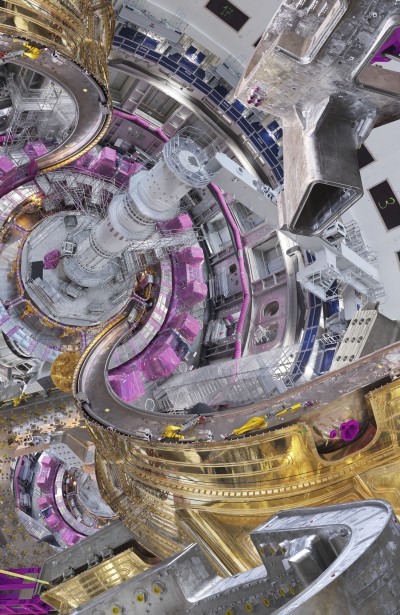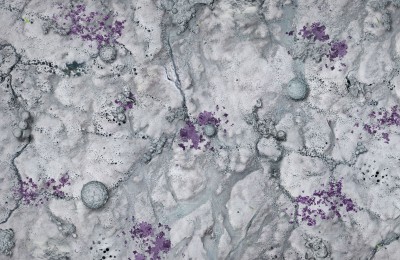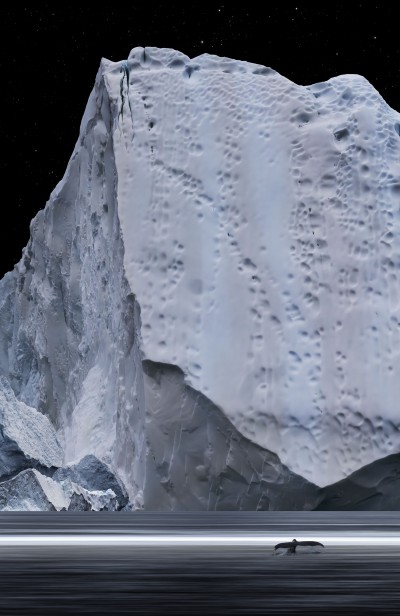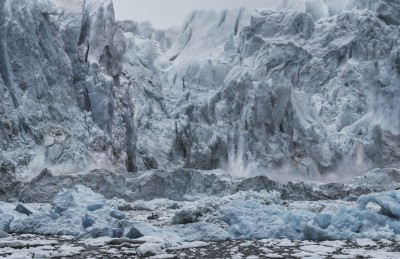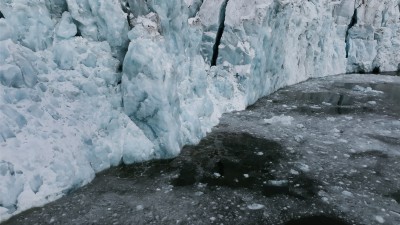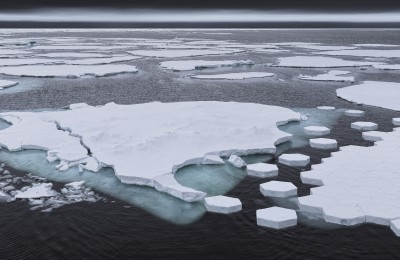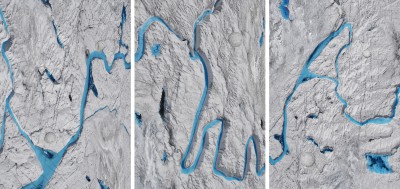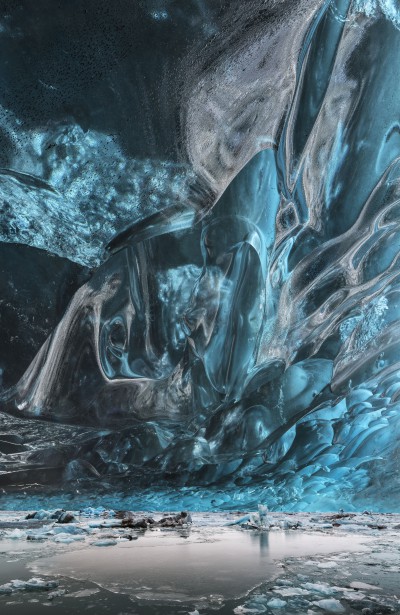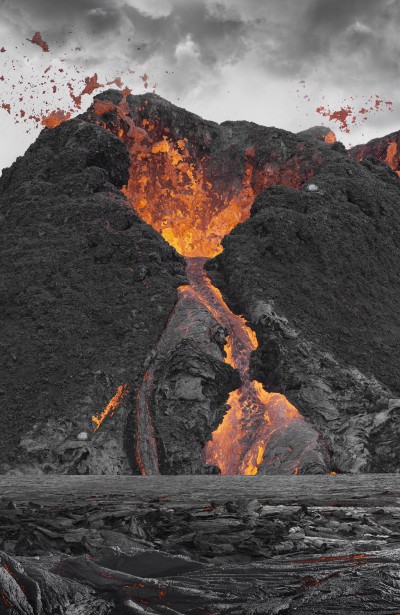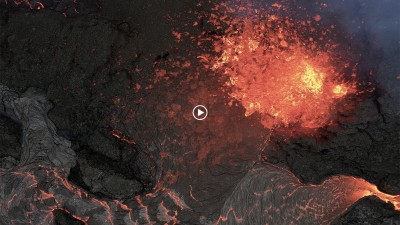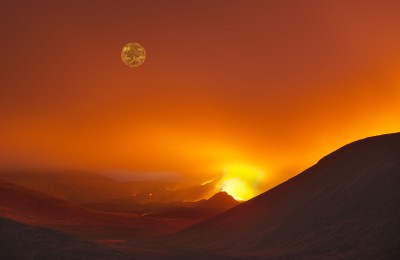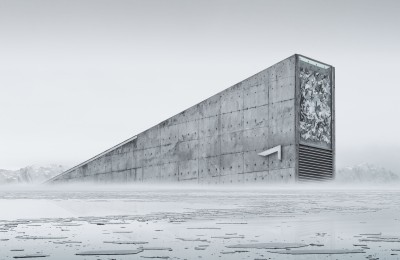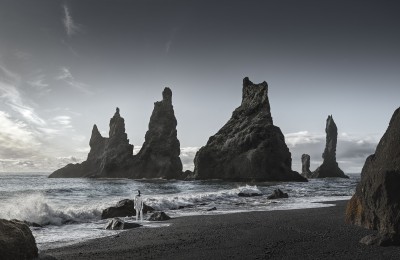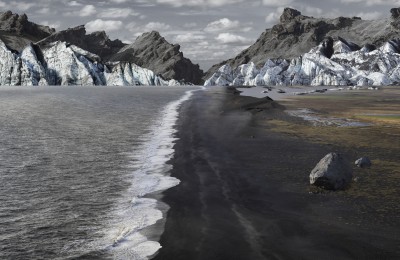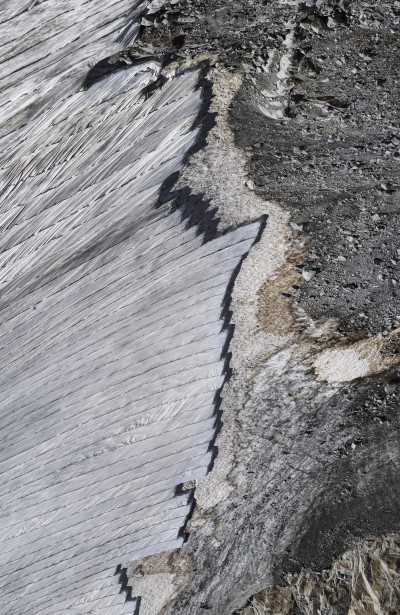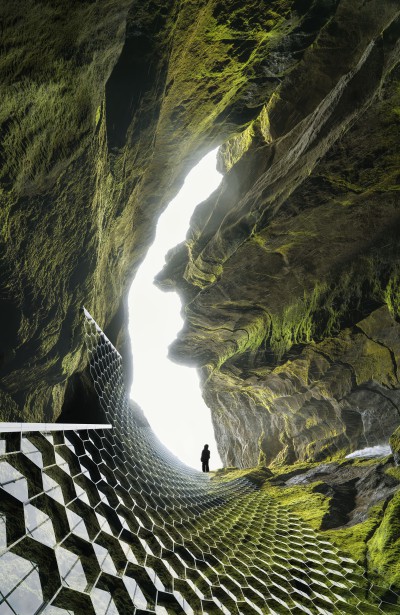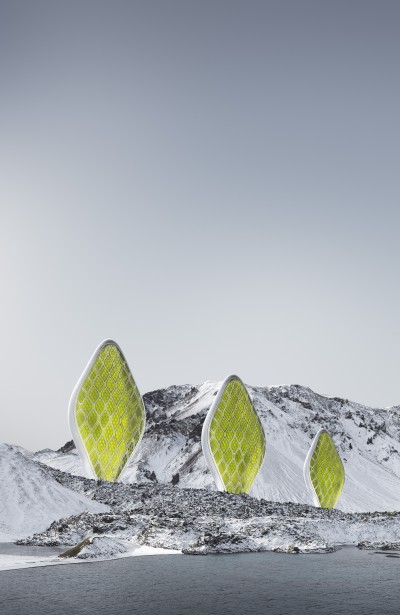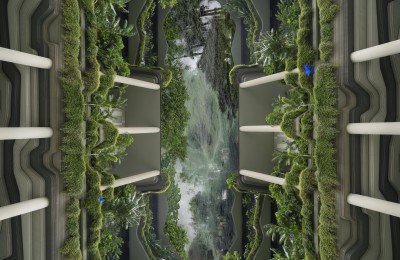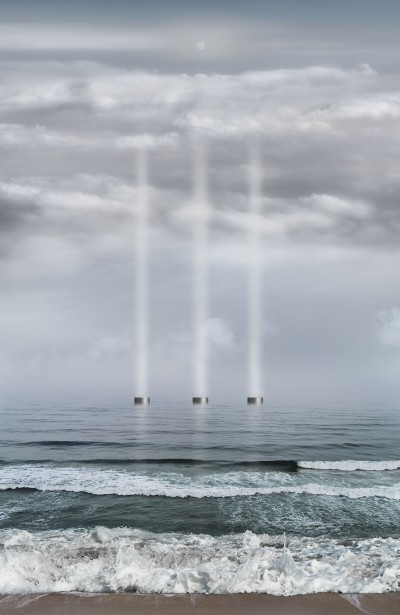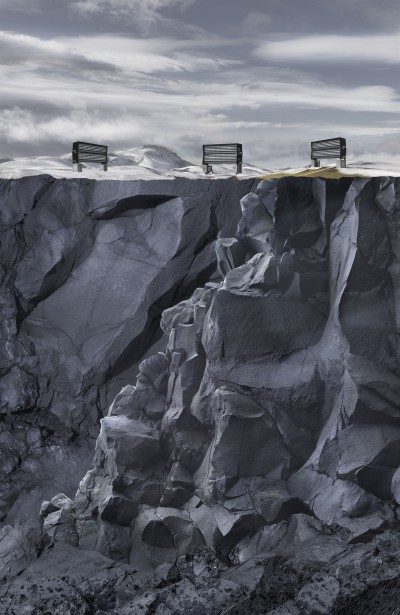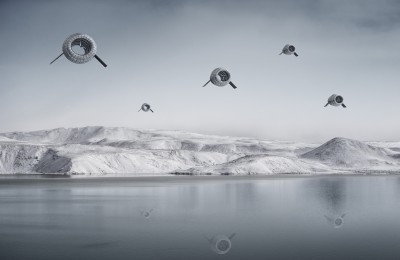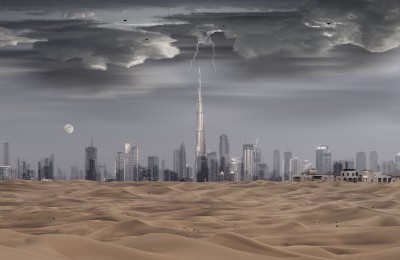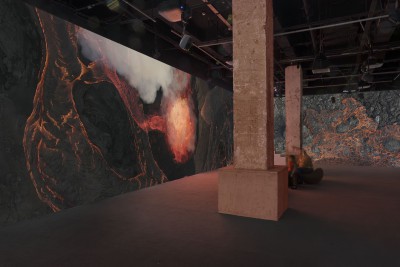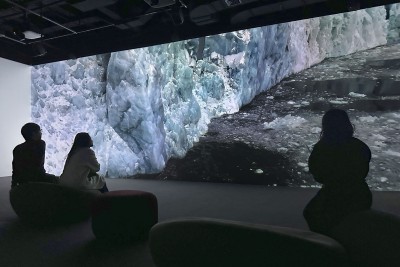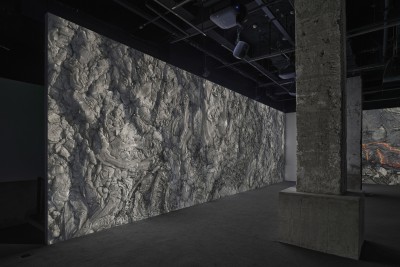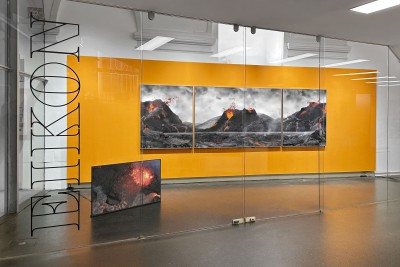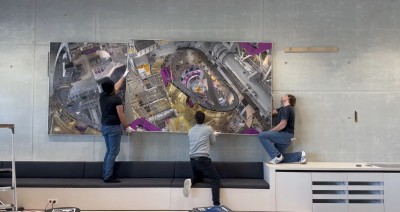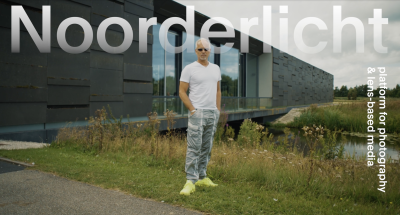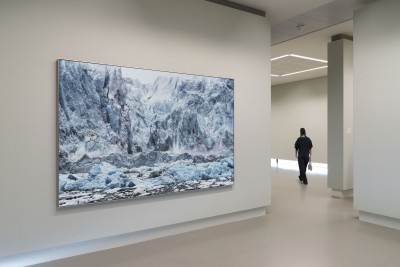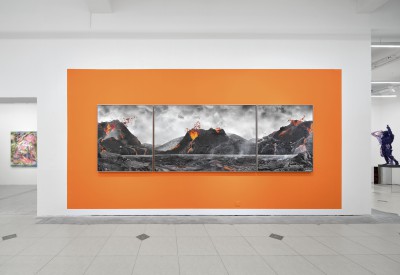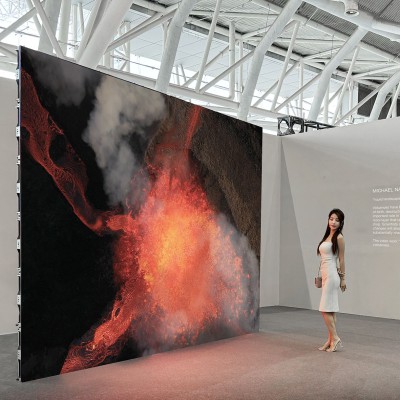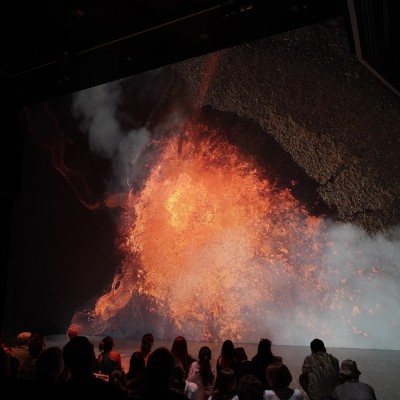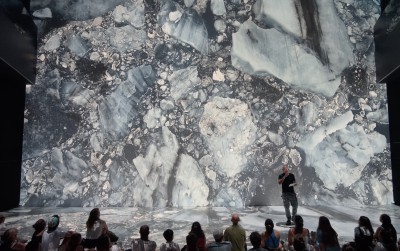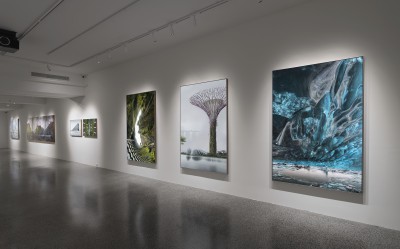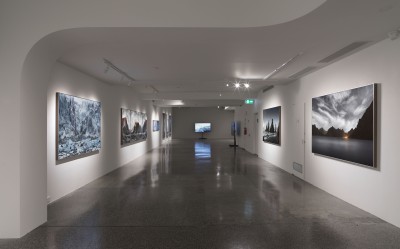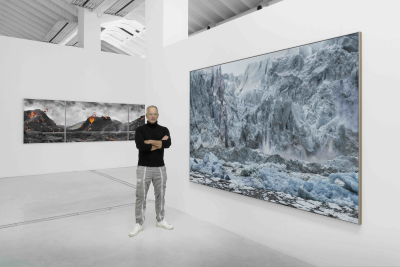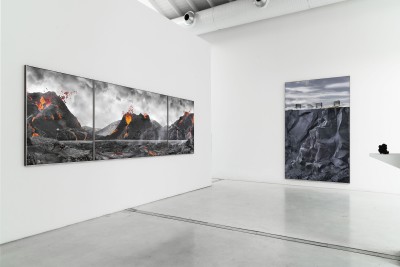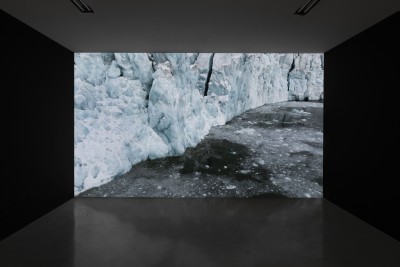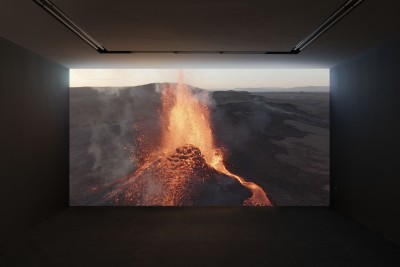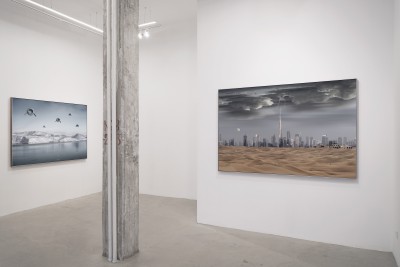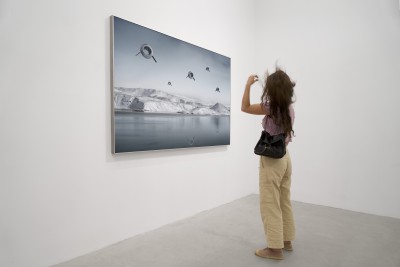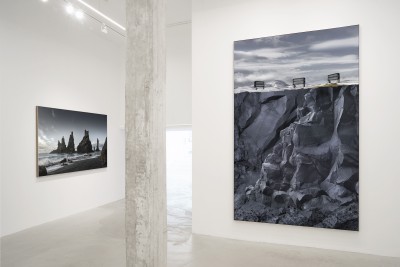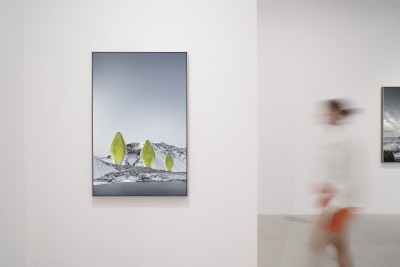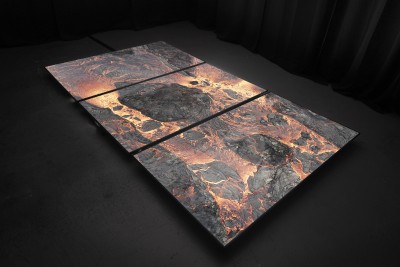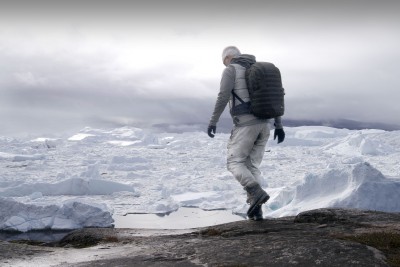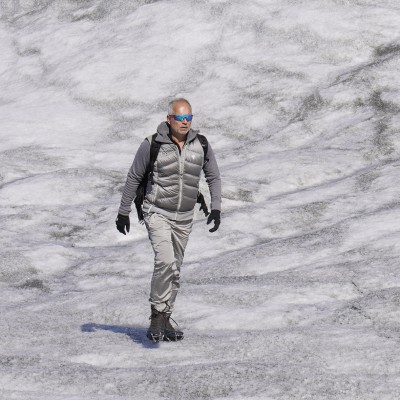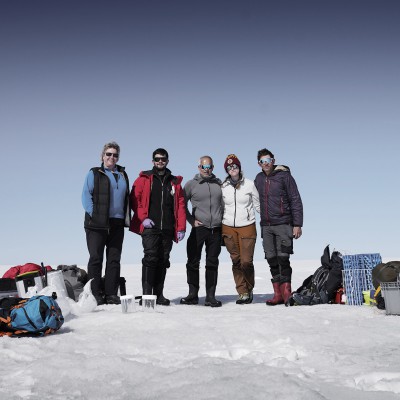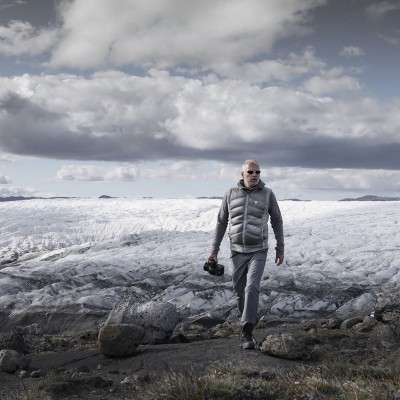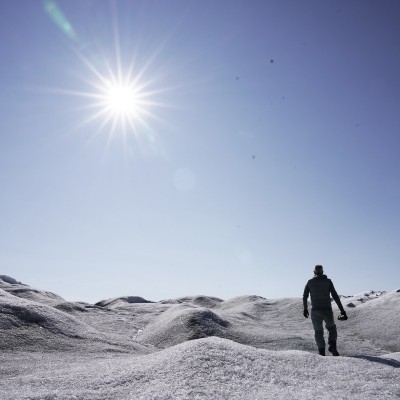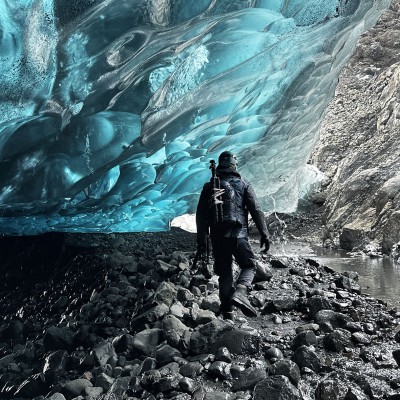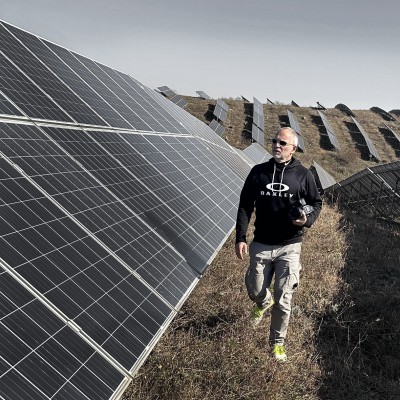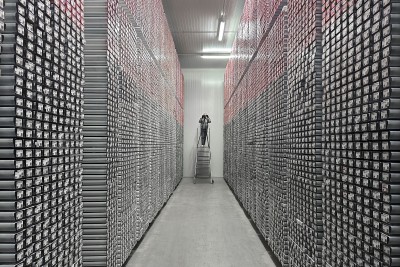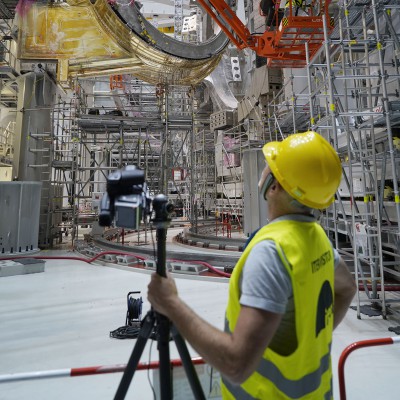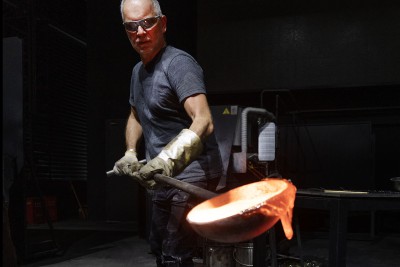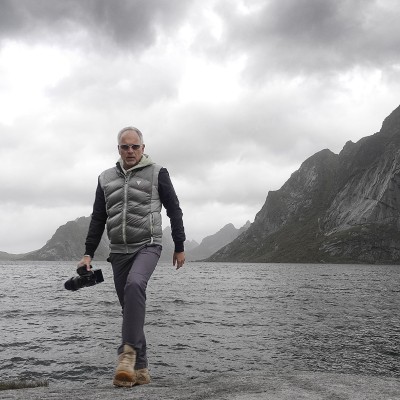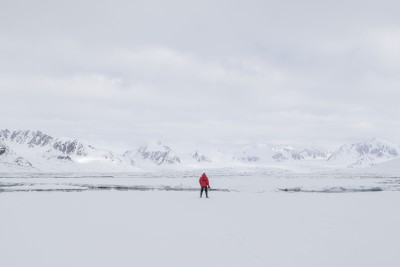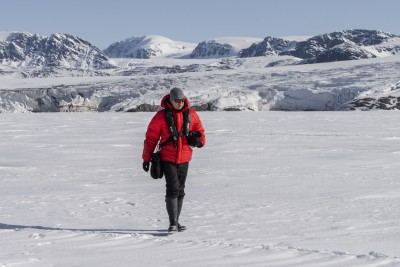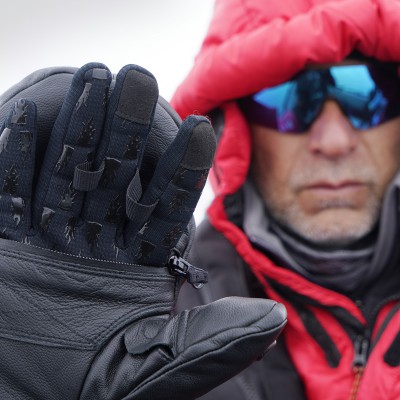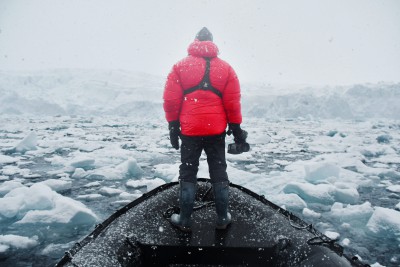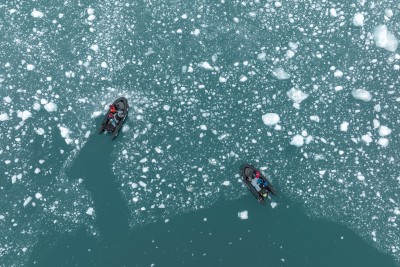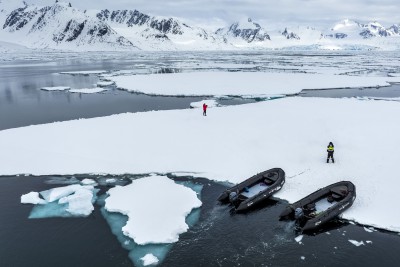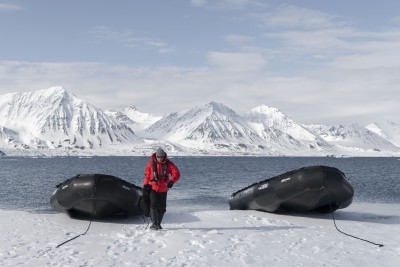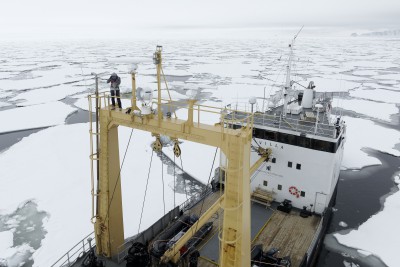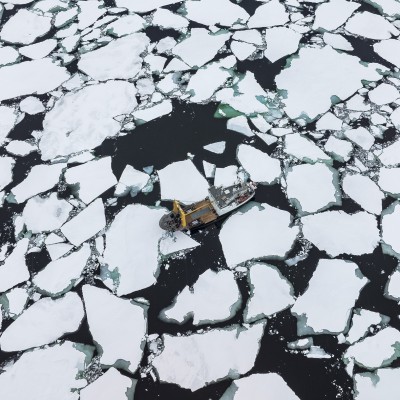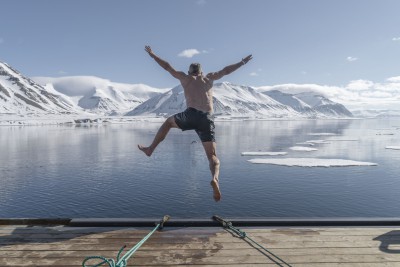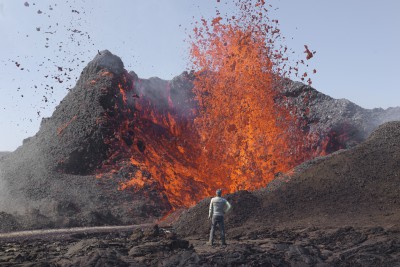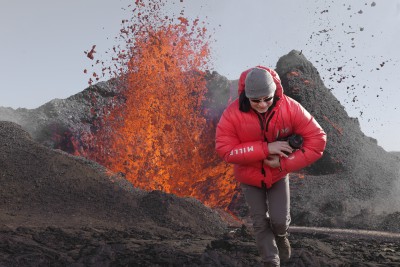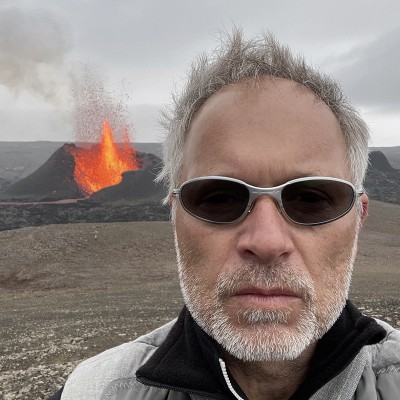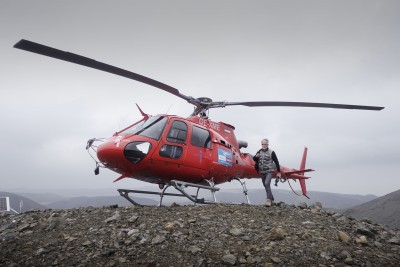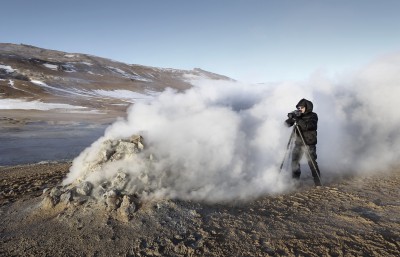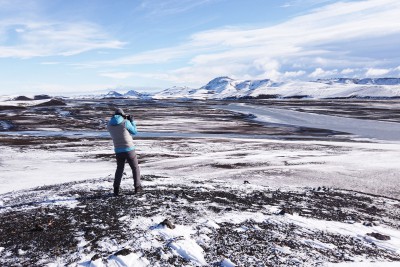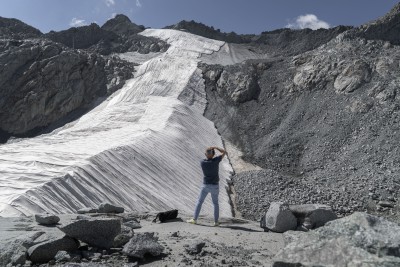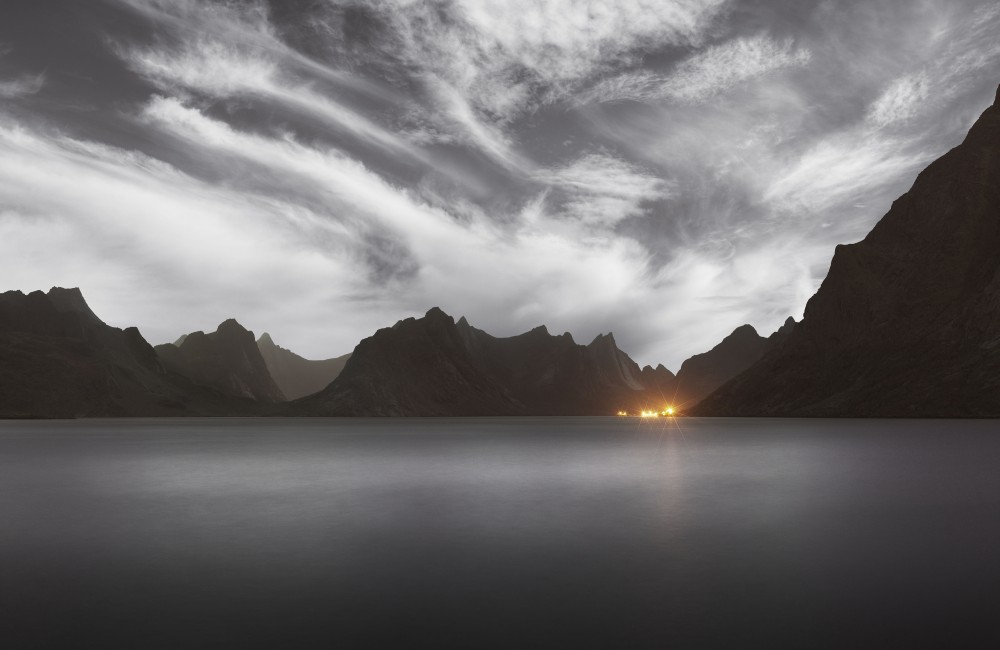
rising seas
Format 1: 132 x 202 cm / 52 x 79.5 in, edition of 6 + 2 AP
Format 2: 67 x 102 cm / 26.3 x 40.2 in, edition of 6 + 2 AP
Hybrid photography, archival pigment print, aludibond, diasec, custom-made wood / aluminium frame
Global CO2 emissions will cause sea levels to rise in the coming centuries. Our fossil-fuel driven civilisation is creating a profoundly changed planet. Storms, floods and steadily rising sea levels may possibly destroy our coastal cities. Global warming affects sea levels in two ways: About one third of its current rise is due to thermal expansion as the volume of water increases the warmer it gets. All the rest is due to ice melting on land. Since the ice shelves in Antarctica and Greenland are melting, the land ice behind them can flow into the sea ever more rapidly causing the sea level to rise. If we succeed in limiting the rise in temperature to 2° Celsius, approximately 130 million people would still be affected by flooding. However, if we cause global warming of 4° Celsius through our emissions, this could result in the submergence of land areas that are now home to up to 760 million people worldwide. New York, Mumbai, Shanghai, Lagos, Rio de Janeiro, San Francisco und Miami would be flooded in large part or would completely disappear. It is possible that technical solutions such as the construction of dykes, dams and protective barriers will no longer suffice at some point and a retreat from the coast will begin. From Florida to Bangladesh people will leave the coastal regions, civil unrest and wars will then ensue. Our civilisation will change.
The artwork “rising seas” visualises the threat to our coastal cities and our modern civilisation posed by ever higher sea levels. The composition of the picture consists of the surface of the sea, mountain ranges and clouds. The viewer’s gaze is quickly drawn to small star-like points of light just above the coastline. The mountain range rising from left to right reflects the increase in temperature from 1850 to 2100; a small plateau on the steep right-hand side of the mountain range marks global warming of 2 degrees; the mountain peak on the far right edge of the picture the rise in global temperature of 4 degrees Celsius. A dense cloudy sky has formed over the mountain range and is reflected in the water – a symbol for the increase of greenhouse gases in the atmosphere and the associated rise of the sea level. “rising seas“ is an allegory of human civilisation on the edge of existence. Unless we drastically change course in the coming years, our carbon emissions will create a world whose geography is completely different from the world in which our species evolved.
